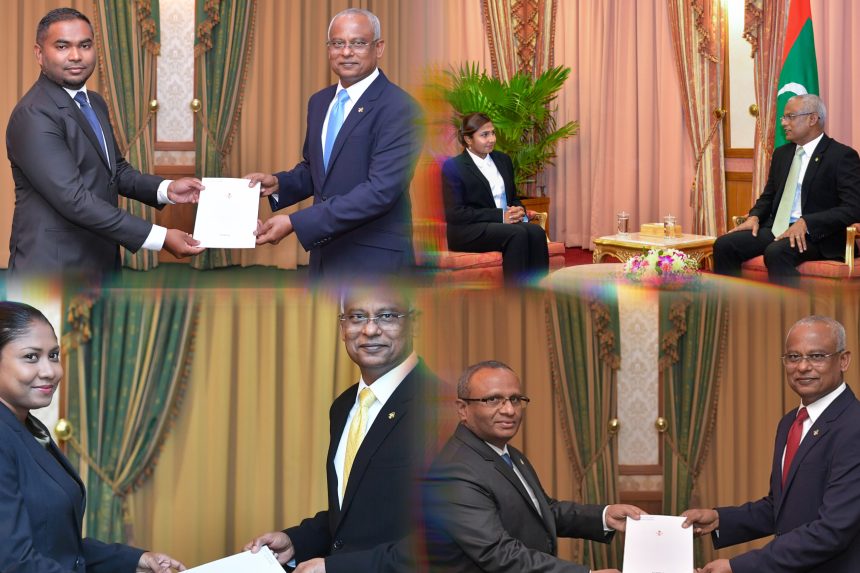The recent international outcry over the suspension of Supreme Court justices under President Muizzu’s administration has sparked a critical question: Where was this global concern during the Maldivian Democratic Party’s (MDP) tenure from 2018 to 2023, a period marked by significant judicial upheaval?
A Period of Judicial Turmoil
During the MDP’s rule, the Judicial Service Commission (JSC) undertook extensive disciplinary actions against judges, including dismissals, suspensions, and demotions. Notably, eight judges were dismissed, twelve suspended, and three demoted, with thirty-three cautioned for alleged disciplinary issues . These actions were often based on the content of judicial decisions, a move that many legal experts argue undermined the principle of judicial independence.
The JSC also scrutinized past Supreme Court rulings, declaring several as unconstitutional without proper legal authority. This led to the dismissal of Chief Justice Dr. Ahmed Abdulla Didi and Justices Adam Mohamed and Abdul Ghanee, while Justice Areef opted for early retirement amidst the turmoil.
International Community’s Response: A Stark Contrast
Despite these significant developments, international organizations and human rights watchdogs remained largely silent during the MDP’s administration. There were no substantial condemnations or calls for action from bodies such as the United Nations, the Commonwealth, or major human rights organizations. This silence stands in stark contrast to the recent swift reactions to judicial changes under President Muizzu’s government.
Conclusion: A Call for Consistent Advocacy
The disparity in international responses raises concerns about selective advocacy and the politicization of human rights issues. For the Maldives to strengthen its democratic institutions, it is imperative that both domestic and international actors uphold consistent standards, ensuring that judicial independence is protected regardless of the ruling party.



